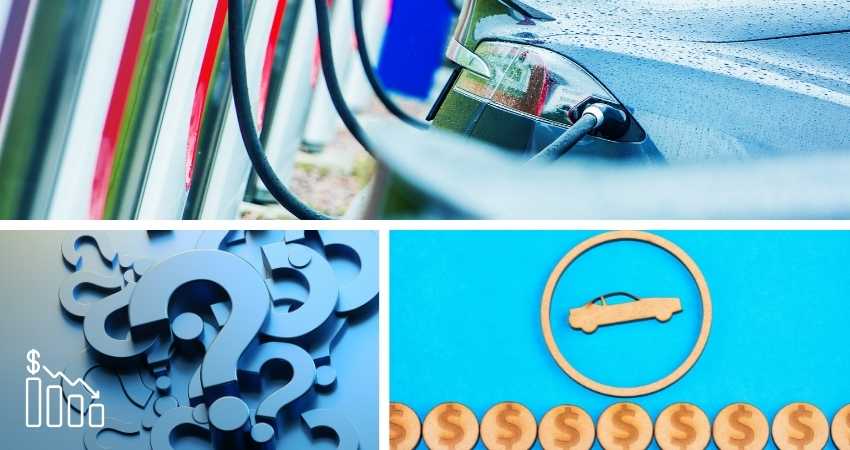Although some recent global supply chain issues are raising the resale value of electric vehicles, they are well known for depreciating so much. And nobody wants their ride to make a loss after a few years when put on the market – it is simply a scary thought to lose money. But the future is uncertain, and things will change soon – I hope so!
Electric vehicles depreciate so much because of government interventions, an EV’s condition, and the current state of the market. Accumulating these factors, electric cars lose a few thousand dollars yearly after hitting the roads.
Why Do Electric Vehicles Depreciate So Much?
1. Tax Incentivization
To promote greener technologies, various countries around the world offer tax incentives for purchasing new EVs; however, this benefit is not associated with resale. Thus, the sellers of used EVs lower their prices to adjust the incentives – otherwise, the vehicle might be heftier than the new one.
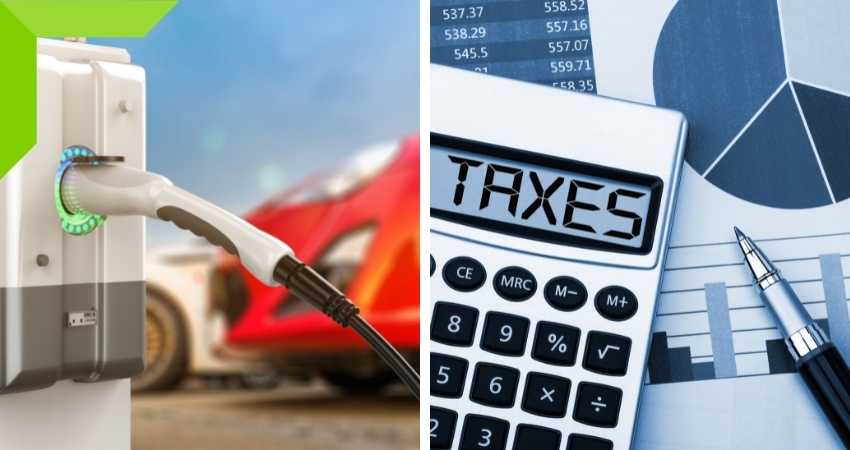
As of 2022, the US government is offering up to USD 7,500 tax credits to purchase new electric vehicles. Likewise, about 17 European nations offer similar benefits, and more are expected to follow suit.
2. New EV Preference
Due to fast-changing EV technologies, buyers prefer buying newer vehicles rather than settling for a few years older ones. Though the highly innovative nature is excellent for industrial prosperity, EV resellers face the brunt.
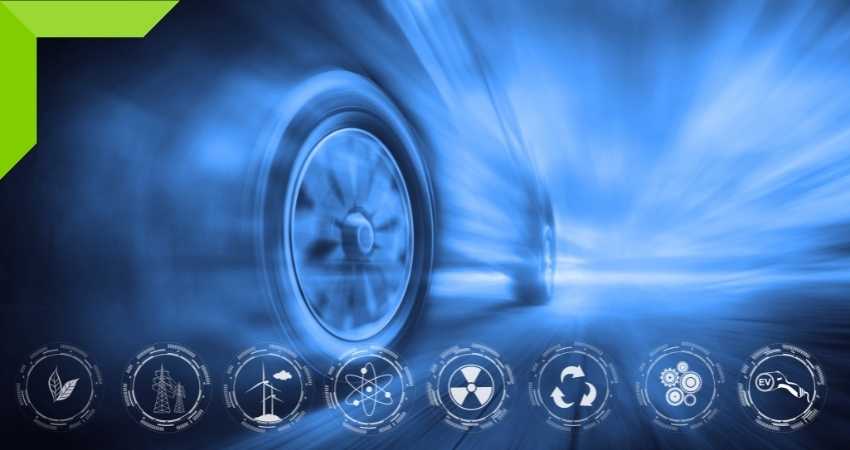
In 2021, the average range of non-Tesla EVs was 225 miles; nevertheless, it was only 75 miles (200 percent less) a decade ago. Moreover, upcoming unique features such as self-healing algorithms will make newer EVs even more attractive at the expense of depreciating older models.
3. Battery Replacement Cost
EV batteries lose around 2.3 percent of their total capacity annually, and their life is about one to two decades. Hence, it is always a better deal to go for a new car rather than getting the used one because if the owner needs to replace the batteries, it would cost 30 to 40 percent of the price of the whole car.
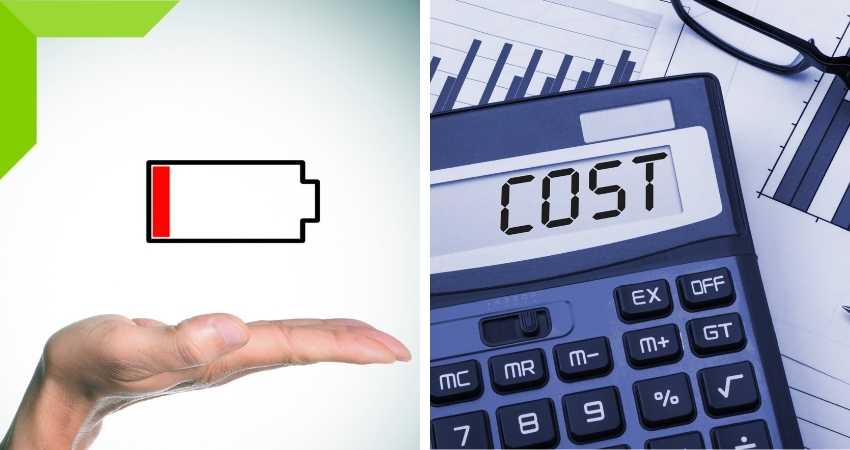
Anticipating battery replacement fears, EV buyers naturally prefer buying a brand-new car, decreasing the demand for the older ones, thus accelerating their depreciation.
4. The Reign of Conventional Cars
Consumers choose combustible engine cars for several reasons. Yes – EVs have progressed a lot over the past several decades, but they still have a long way to go before they finally make it into the heart of all car enthusiasts.
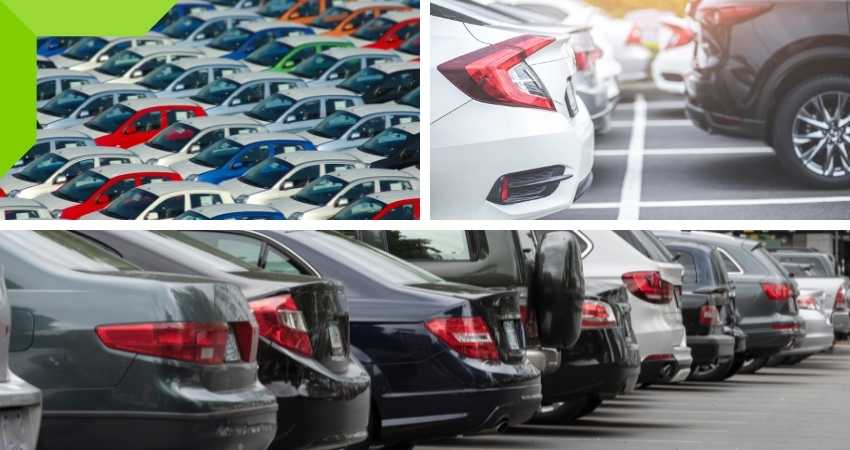
Cost, range, and required charging time at the top of the list is why EVs are not so famous yet. Electric cars are only around 20 million worldwide, and conventional ones are a whopping 1.446 billion! That is why conventional technology has a transparent edge.
5. Lack of Awareness
Conventional cars rule the world of the vehicle; however, a big reason for this is some myths that make buyers hesitant to put their hands on EVs.
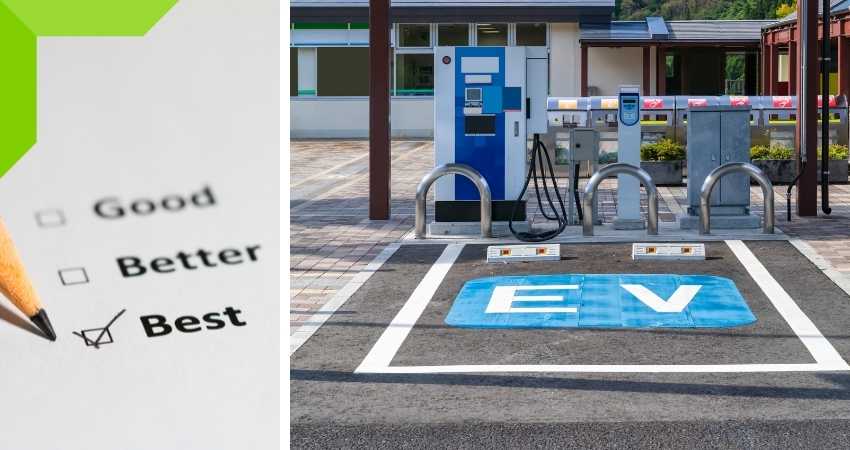
Some popular but false perceptions about electric cars include the lack of range for the daily commute, insufficient charging points, and the availability of sedans only. Furthermore, it is also thought that there is no betterment for the environment if people shift to EVs – charging them will require governments to burn oil to make enough electricity. Juxtapose it with the cost, and people move away from EVs.
How to Calculate EV Depreciation?
Right after you buy an EV, expect USD 7,500 to be lost due to tax incentives. Besides, according to a source, on average, you can expect your EV to consume 70% of its original value by the end of the first five years. However, note that the trend is bound to fluctuate: the recent fuel price hikes have pushed the resale value of hybrid vehicles by 11%, and it has also affected EVs.
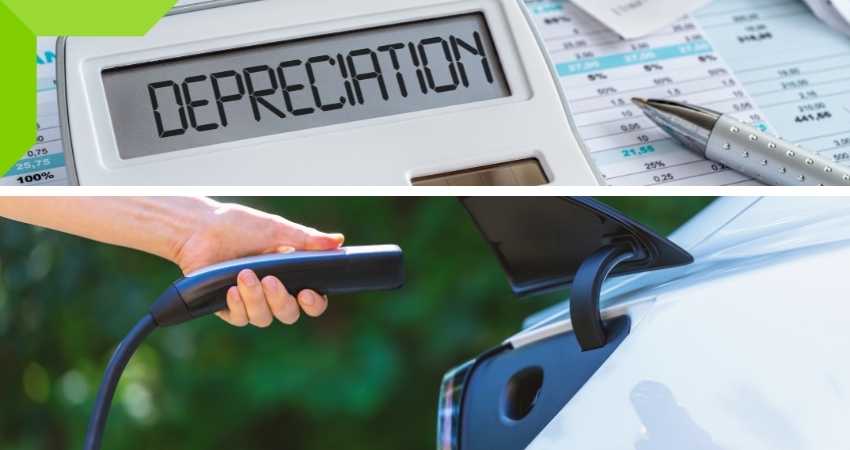
Based on these factors and how much battery capacity is left in your EV, you can expect it to depreciate by around USD 6,000 yearly.
How to Get the Maximum EV Resale Value?
1. Proper Maintenance
Just as in the case of conventional vehicles, maintaining an EV may assure its resale value. However, since no oil and spark plugs are involved, electric vehicles are cheaper to maintain than combustible engine cars. Therefore, EV owners need to take the maximum benefits out of this advantage to glue together some extra payback when selling.

| Fact!
A task as simple as keeping the EV software updated can enhance its market value. |
2. Battery Care
Batteries are the backbones of EVs, and the fear of their replacement is, perhaps, the most demotivating factor when going electric. Based on that, you need to maintain the best health of your EV’s battery to fascinate buyers. Some simple habits like avoiding fast charging and minimizing heat exposure can contribute a lot to EV battery life.
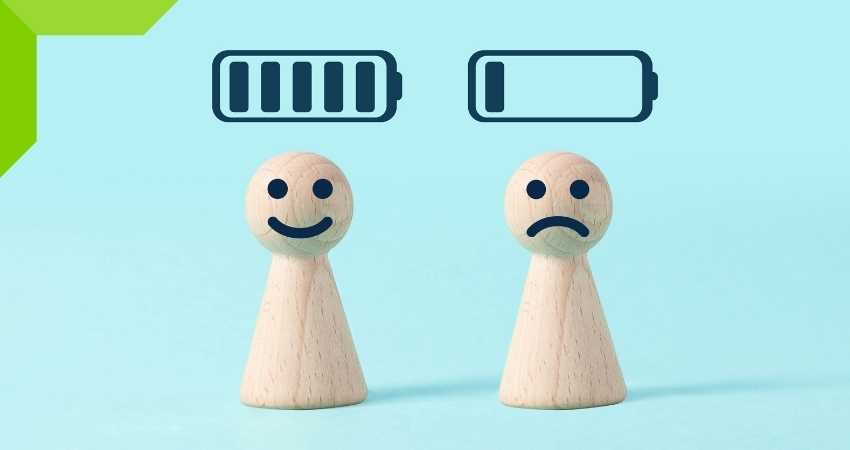
3. Considerations While Buying

As a rule goes, better investments give better returns. So, always go for the car that pays you well, even after a few years of driving. For instance, if you can buy a car with a better range, never settle for the one with the lesser one, even if it fulfills your requirement. In the end, most of the time, the market looks for an EV that can go the extra mile.
How Does the Depreciation in EVs and Conventional Cars Compare?
Regretfully, EVs depreciation is quicker than in the case of combustible engine cars. Specifically, the critical factor is the constant demand for the latter.
According to a study, EVs lose their value by 52 percent in the first few years. However, conventional cars are a bit slower: sedans and SUVs lose 39 percent while trucks go down by 34 percent. Another stat shows that after 36,000 miles, on average, EVs lose almost half their value while conventional cars lose 40 percent of theirs.
Is EV Depreciation Only the US Problem?
No, the US is not exclusive to the EV depreciation problem: all countries pushing towards EV transformation are facing the issue.

Take the UK, for instance. The nation is striving hard to bring EVs on the roads, and the average EV depreciation rate there is around GPD 4,000, which is slightly lower than the rate in the US mentioned above. Moreover, some sources claim that EVs depreciate by 60 percent after 30,000 milages, regardless of the location.
EV Depreciation: The Best vs. The Worst

The Slowest Depreciating EV
Tesla has the best resale value. Its Model 3 is known to lose only 10 percent of its value at the end of the first five years. One reason why this occurs might be due to its high demand. Though the car is known for some inherent problems, it is highly reliable mechanically. Other than Tesla, some BMW and Nissan cars are also known to hold value for a long.
The Fastest Depreciating EV
According to a source, Ford Focus Electric has the top slot in the list of EVs that depreciate the most. The vehicle may lose half its value within a few years of purchase. Let alone the chief factor behind such huge losses can be the range: it can only drive for around 100 miles before requiring a recharge.
Conclusion: Why Do Electric Vehicles Depreciate So Much?
Many factors – tax incentives and battery health being on top – make electric cars cheaper when resold anywhere in the world where the EV market exists. These points also earn EVs to lose their value faster than conventional cars.
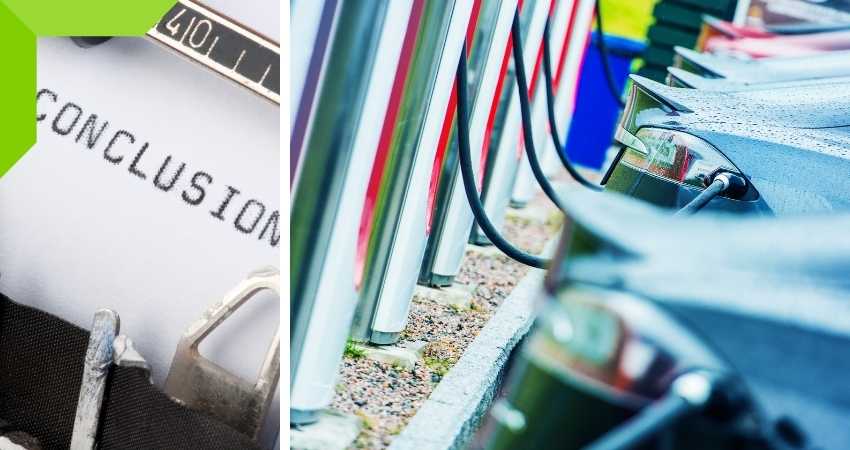
Afraid of losing money on your electric vehicle? Do not worry – experts conclude that EVs will be much more popular and advanced in the foreseeable future, making them far more valuable in the resale markets than they are now. In the meantime, to save money, you should lease an electric vehicle: simply return the car after a few years.

